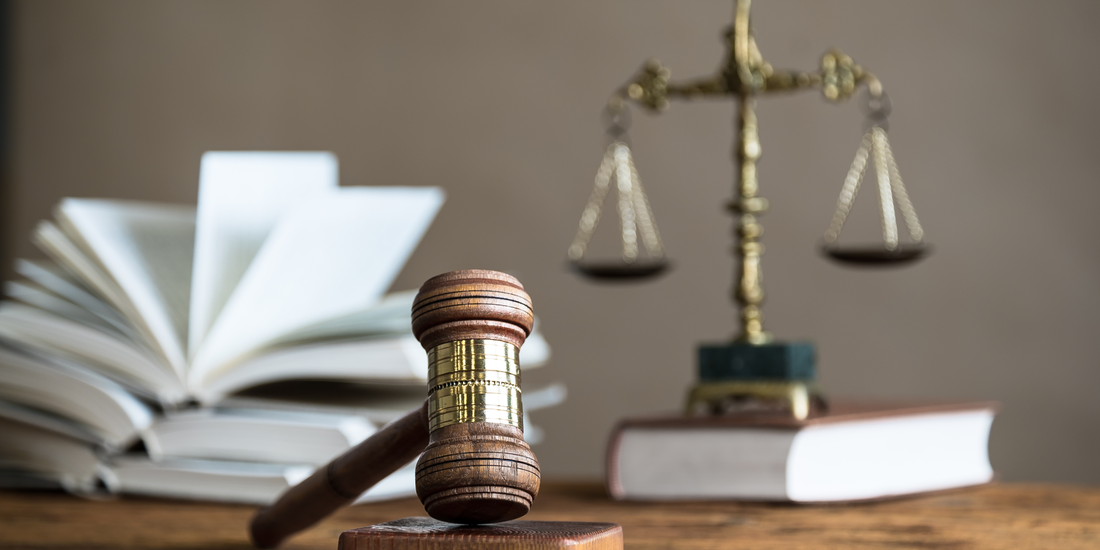|
Charter rights in Canada are embedded in the Canadian Charter of Rights and Freedoms. These rights serve as fundamental principles of justice in Canada’s legal framework. In their jurisprudential sense, these rights are termed as foundational pillars of the Canadian legal system. These rights not only grant individuals protection against potential abuses of power but also establish a framework that ensures the balance between individual rights and societal responsibilities. Why does the Charter rights matter in criminal proceedings in Canada? In the context of criminal matters, these rights serve as tangible assurances that provide a shield against potential abuses of power by the state authorities. Charter rights hold immense importance because they ensure that individuals facing criminal allegations receive protection, fairness, and justice throughout the legal process. These rights are a concrete expression of Canada’s commitment to preserving human dignity and individual liberties. How does the Charter protect the right to life, liberty and security of a person? Section 7 of the Canadian Charter of Rights and Freedoms provides protection against state actions that infringe upon the fundamental rights of life, liberty, and security of the person. It mandates that any laws or actions encroaching on these rights must adhere to the principles of fundamental justice, which are the foundational principles underlying the notions of fairness and due process. This was highlighted in the case of Charkaoui v. Canada (Citizenship and Immigration) wherein it was underscored that these principles ensure justice and fair proceedings. This section further provides for a two step analytical process to determine its applicability which are mentioned below:
What is the link between deprivation and violation under section 7 of the Charter? It is important to clarify that Section 7 does not establish an autonomous or standalone right to fundamental justice. Instead, its focus lies on the potential deprivation of life, liberty, or security of the person. Section 7 is triggered when these fundamental interests are under threat. Therefore, a violation of Section 7 occurs only when there is a tangible infringement on these interests. The Supreme Court of Canada in R v Pontes held that there can be no violation of Section 7 of the Charter in cases where no deprivation of these core interests is established. Does the accused have any protection against search and seizure by the police? The foundation of Section 8 of the Charter lies in distinguishing what constitutes a “search” or a “seizure.” The Supreme Court of Canada in R v Tessling held that not every search and seizure conducted by the law enforcement officers qualifies as a constitutional search or seizure. To determine the constitutionality of a search or seizure, the litmus test involves determining whether a reasonable expectation of privacy exists in the subject matter subjected to state action and the information it grants access to.
Moreover, once a search or seizure is established, the focus shifts to its reasonableness. Three key factors play a role in determining this reasonableness:
Furthermore, the purposive interpretation of section 8 of the Charter was reiterated by the Supreme Court of Canada in Hunter v Southam Inc. The court held that the purpose of this provision is not to function as a remedy for wrongful searches post-factum; instead, its purpose is to operate as a deterrent against such searches happening at all. Can the police detain any person without any reason in Canada?The protection against arbitrary detention finds its roots in Section 9 of the Charter. This provision unequivocally states that government authorities, including the police, cannot detain individuals without reasonable and lawful grounds. Detention must be based on justifiable causes, preventing arbitrary or unjust arrests. This provision acts as a crucial check on government power, ensuring that individuals are not unlawfully deprived of their freedom. The section provides an essential safeguard against the misuse of authority and the violation of the presumption of innocence. Do accused individuals have any rights on their arrest or detention in Canada? Section 10 of the Charter stands as a guardian of accused individuals’ rights during the arrest and detention. It provides that every individual has the following rights upon arrest or detention by the police in Canada:
These rights empower accused individuals, enabling them to assert their legal entitlements and safeguard their interests in a system that often feels overwhelming and intimidating. Can an accused be charged with the same offence twice in Canada? Section 11(h) of the Charter provides protection against double jeopardy. It protects the individuals from being tried for the same offence twice. Once an individual has been acquitted or has faced a final finding of guilt and punishment for a specific offence, they are shielded from further legal proceedings for the same crime. This protection reinforces the concept of finality in legal matters and prevents the state from subjecting individuals to multiple trials or punishments for the same offence. Understanding charter rights is crucial when it comes to criminal matters. If you or someone you know is facing criminal charges and needs to explore the possibility of invoking charter rights in your defence, contact Salloum & Company at (825) 901-2000 for a free legal consultation. Our criminal lawyer will assess your case and draft a robust defence strategy tailored to your case. Your rights are important, and we are here to stand by you.
0 Comments
Leave a Reply. |
AuthorSalloum & Company Archives
October 2023
Categories |
Location |
|


 RSS Feed
RSS Feed
